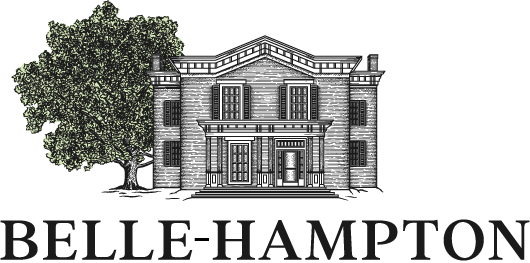Family Feud: What to Do with Family Conflict?
When you think of successful family enterprises, Ford Motors, Walmart, or Berkshire Hathaway might come to mind. If you think of family feuds, you might think of Kellogg's brotherly legal sparring or the Adidas-Puma war. Family disagreements might lead to legal trouble or hostile competition, but mainly they can cause long-term issues. It causes distrust and poor conflict resolution. And there will be conflict. But conflict itself should be encouraged healthily and productively. If you define a conflict as a struggle or an opposition, you will have to find some way to resolve the conflict. Conflict comes from the Latin word for striking, but it shouldn't be violent. Conflict can arise from opposing ideas, leading to a positive outcome and progress.
To head off any issues, Ford Motors initiated quarterly meetings, which included 35 family members. By maintaining a schedule of regular and frequent family meetings, the family has formed a council for conversations that ensures family members have a continuous working relationship. This forum allows for challenges before it escalates into negative conflict.
Sam and Helen Walton, owners of Walmart, established the Walton Family Foundation in 1980 to enable the family to give back some of their wealth to worthwhile causes. It would instill the family's values for future generations by giving back to the community. Sam's children and grandchildren now run the Foundation.
Warren Buffett (Berkshire Hathaway) is a role model for his family. His hard work ethic and doing what he loves became the message for his son, Peter. Peter said, "If my father had been working mainly for the money, his efforts would have quickly dulled into a routine — a job." His father's example behavior was something no one could take away.
"Nothing binds a family like running a business together. At least until the siblings start fighting". – Bill Shapiro
The Kellogg company had early disagreements between John and Will Harvey, brothers, over who had the right to use the name Kellogg on a cereal box. Even though the case had its peaks and valleys, the legal fight lasted almost a decade. To add to the insult, John, the older brother, never missed an opportunity to pick on or humiliate Will, provoking the animosity.
The fierce rivalry between Adidas and Puma is legendary. The story is that Rudolf Dassler founded Puma, and Rudolf had a brother named Adolf who created his brand called Adidas. Puma and Adidas founders are brothers. After a family argument, fueled by their wives hating each other and World War II, they went their separate ways. But not peacefully; they were filled with hate and notable aggressive conflict.
So why do some family enterprises succeed while others explode? There are warning signs:
1. Behavior changes in a family member from a change of heart or outside influence
2. Perceived unfairness either from a parent, sibling, or spouse
3. Frequent errors or stress overload
4. Gaps in communication are usually due to a lack of frequency
5. Decision-making delays
6. Lack of process to consensus
7. Unclear vision, mission, and core values
8. Emotional disconnection between family and business
9. The feeling of privilege, entitlement
10. The senior generation is not letting go
11. Nepotism without development preparation
12. Not a clear understanding of their role in the three-circle model
13. Silo or Ivory tower discussions
14. Belief in inequity
15. Lack of a strategic family plan
16. No open dialogue
17. Instability of non-family managers
18. Gossip and backstabbing
19. Formation of subgroups.
If the issues turned from prevention to unavoidable, what to do next? Let's look at general remedies:
Generational Transitions: Are there mechanisms for a smooth transition, including a development plan?
Planning and Information: Do family members have access to information and data for an informed decision?
Communication: Are there regular and open conversations via family meetings or other forums?
Family Governance: Is there a family council structure?
Corporate Governance: Does the enterprise have an independent board?
Education and Training: Is there a planned nurturing of family education?
Liquidity and Exit Mechanism: Is there an exit strategy?
Conflict Resolution: Is there a constitution outlining a path to resolution?
External Benchmarking: Are there outside measures to benchmark progress?
Let us note that there is praise in having conflict. Without conflict, there is no progress. Do you want to be Adidas or Kellogg? Or Walmart and Ford? What can you do today to implement your legacy? Ask us how at Belle Hampton Consulting.

